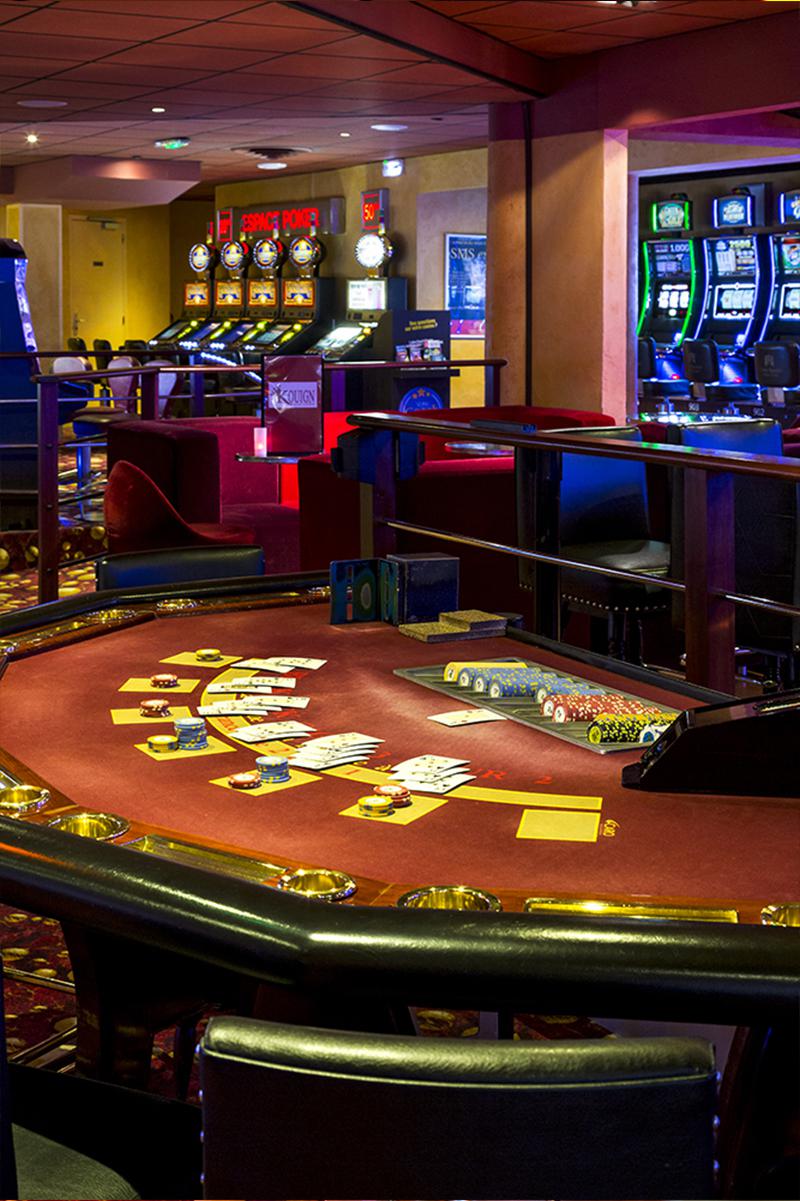
Casino gaming has long been a topic of interest and controversy, attracting millions of players around the world. With a blend of luck, skill, and the excitement of risk, casino games offer an exhilarating escape from everyday life. However, as entertainment becomes ever more available, it calls for a deeper examination of the ethical implications surrounding these games.
At the heart of the debate lies the issue of whether casinos promote responsible gaming or take advantage of vulnerable individuals. The appeal of potential winnings versus the reality of losses can create a complex situation, and understanding this balance is essential for both players and operators. As we delve into the ethics of casino gaming, we will explore the duties of casinos, the impact on society, and the steps that can be taken to foster a better gaming environment.
The Impact of Casino Gaming on Society
Casino gaming has a considerable influence on the community, affecting not only the economy but also interpersonal dynamics and local frameworks. The revenue generated from casinos can lead to job creation and boost regional economies, as they provide numerous employment opportunities in multiple fields including food and beverage, leisure activities, and retail. However, while the financial benefits can be significant, communities often grapple with the possible negative impacts that arise from higher gambling activity.
Additionally, the presence of casinos can lead to an increase in gambling addiction, presenting significant challenges for individuals and families. The thrill of casino games can quickly transform into a compulsive habit, affecting connections with others and leading to monetary issues. Many individuals may struggle with the loss of control over their gambling habits, resulting in a need for assistance programs and interventions to address this increasing issue. The social cost of addiction can ripple through kinships and neighborhoods, creating an urgent need for sensible gambling approaches.
In addition to the economic and social ramifications, casino gaming often showcases cultural attitudes towards risk and entertainment. It can encourage a sense of excitement and leisure, attracting tourists and boosting local travel. However, this allure may also mask the wider implications of gambling as a method of entertainment, provoking ethical questions about its advertisement and availability. As communities weigh the advantages and disadvantages of casino gaming, the need for sensible approaches and regulation becomes increasingly critical in ensuring that the positive aspects are maximized while minimizing the negative effects.
Ethical Concerns in Betting Practices
The ethics of casino gaming often revolve around the potential for addiction and its effects on individuals and households. Gambling can lead to serious financial distress, impacting not only the gamblers but also their families. As people become caught in the allure of winning, many lose sight of their financial limits, which can result in catastrophic results such as bankruptcy. This raises moral questions about the duty of gambling establishments in promoting safe gambling habits and providing support for those who may be dealing with betting addiction.
Another critical issue is the promotion of gambling to at-risk groups. Gambling establishments often aim at low-income people or communities with the promise of quick gains, which can perpetuate patterns of financial struggle and despair. In this context, the ethics of advertising strategies used by gambling establishments come under scrutiny, as they may exploit the desperation of people seeking an way out from financial hardships. This exploitation raises moral questions about the integrity of the gambling industry and its obligation to protect its most at-risk patrons.
Additionally, the effect of gambling gaming on the community as a entirety cannot be ignored. Xo88 While some argue that casinos create employment and boost local economies, others point to the community costs associated with dysfunctional gambling, increased crime rates, and a burden on public resources. Balancing economic benefits with the potential for community issues presents a challenging ethical dilemma for lawmakers and casino operators alike. The difficulty lies in finding a ethical approach that takes into account the well-being of individuals and society while still permitting for the enjoyment of gambling gaming.
Regulation System and Responsibilities
The regulatory system pertaining to gaming activities is developed to ensure fairness, integrity, and player safety. Various government agencies and casino commissions create and apply regulations that dictate how casino activities function, the guidelines for game design, and the protocols for managing rewards. These regulations differ by region but commonly involve permit requirements for businesses and strict measures to avoid cheating and scams.
In also to regulatory bodies, gaming businesses bear major responsibility in preserving ethical standards within their facilities. They must enforce responsible gambling practices that promote player safety and education, including offering self-ban options and providing information about the risks connected to gambling. Operators are also accountable for educating workers to recognize signs of compulsive betting and be aware of the appropriate actions to support customers in distress.
Moreover, transparency in casino operations is essential for building and keeping public trust. Operators should provide clear details about the probabilities of operations, marketing opportunities, and any related hazards. By promoting an environment of integrity and trust, gambling establishments can help lessen the possible negative impact of gambling while boosting the general gaming experience for all participants.